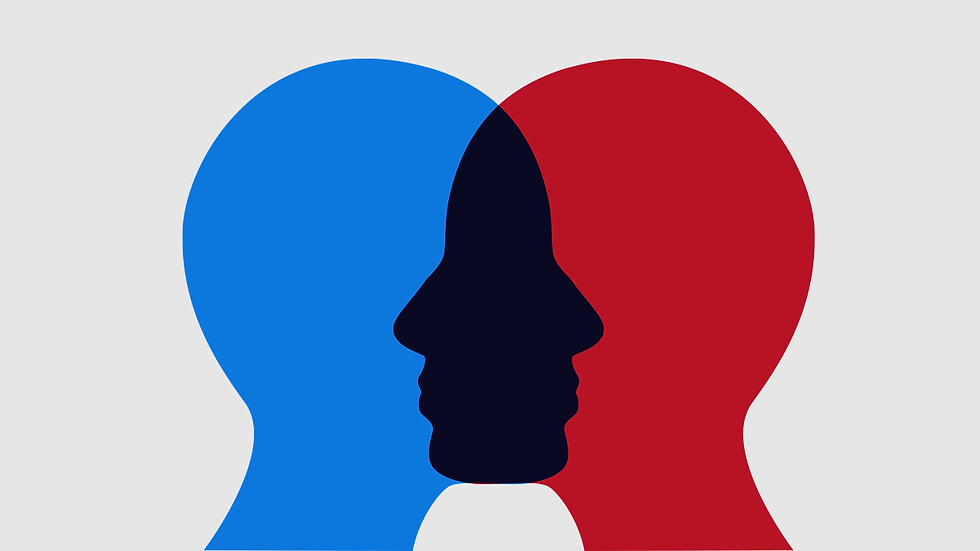Empathy
- Colin Fleming

- Mar 20, 2022
- 3 min read
Sunday 3/20/22
The Ukraine and the real meaning of empathy.
I have never known a single person who possesses empathy.
I know what you might be thinking. “What a horrible thing to say about people!”
After all, empathy is one of those qualities that almost everyone thinks they have, just like they’ll say they’re smart, funny, and busy.
The situation in the Ukraine has caused many people—especially on social media—to tout their empathy skills, and to challenge others to raise their games. But what is empathy really? We could use a crash course.
Sympathy often gets mistaken for empathy, but the difference between the two is as vast as that of a pond and an ocean. Sympathy has a component of alleviation. It’s also conceptual, a ready-made piece of easily-voiced rhetoric: “Sure, I sympathize with Martha.” You don’t want, in theory, another person to be going through what they’re going through.
Empathy is a lot harder, and rarer, and it’s becoming more so because of what empathy requires and how that stands in contrast to our age. Empathy is going into someone else’s life, as if you were there and you were them. This requires imagination. Effort. There’s a conscious decision to step out of your situation, problems, and concerns, and permeate another person’s inner state. Feel a version of their feelings.
That doesn’t just happen. A huge outlay of energy is required. One must get creative, because you’re leaving the space of your own existence and joining up with another person’s experience.
That’s a lot of work. We see buzz word declarations everywhere such as, “I’m an empath,” and certainly if you venture onto a dating site, everyone makes a version of this remark.
But if we’re all so empathetic, why are we often wrapped up only in our lives? Social media doesn’t facilitate emotional kindredness. It fosters attitude, poses, sloganeering, all of which are antithetical to empathy. Reading immersive literature helps a person become more empathetic. Think of a great novel you read. There’s a reason that Flaubert wrote, “I am Madame Bovary.” Anyone who reads that book feels as if they were as well.
Rarely, though, do we read this way anymore or are there even books being produced that similarly impel us. We’re concerned with presentation, how we look, the response that something we said gets. Empathy hurts. Life is hard enough. With empathy, we’re adding a version of someone else’s feelings to our own. You take up the emotional arms of another person’s plight.
That’s not the same as grafting the Ukrainian flag to your profile picture on Facebook.
What’s it like to be a person fleeing the Ukraine? What’s it like to be a mother who has never battled save on behalf of her children at school and now taking up arms in the streets? You won’t automatically feel what that might be like. You have to dig—inside of yourself, and outside of yourself—to even start to have a sense. To feel that sense.
We’re also less likely to be empathetic towards the people we think are the strongest, the smartest. “They’ll figure it out,” one concludes. But could their problems not be as towering as anyone else? As hard for them? Maybe harder?
Empathy is equal-opportunity concern for one’s fellow human being, however far away they might be within the grand human tapestry. Empathy doesn’t make one’s day any easier. You have to want to feel for others, when a lot of them wouldn’t truly empathize with you.
That’s a huge ask. But our current world may know no greater need.





Comments